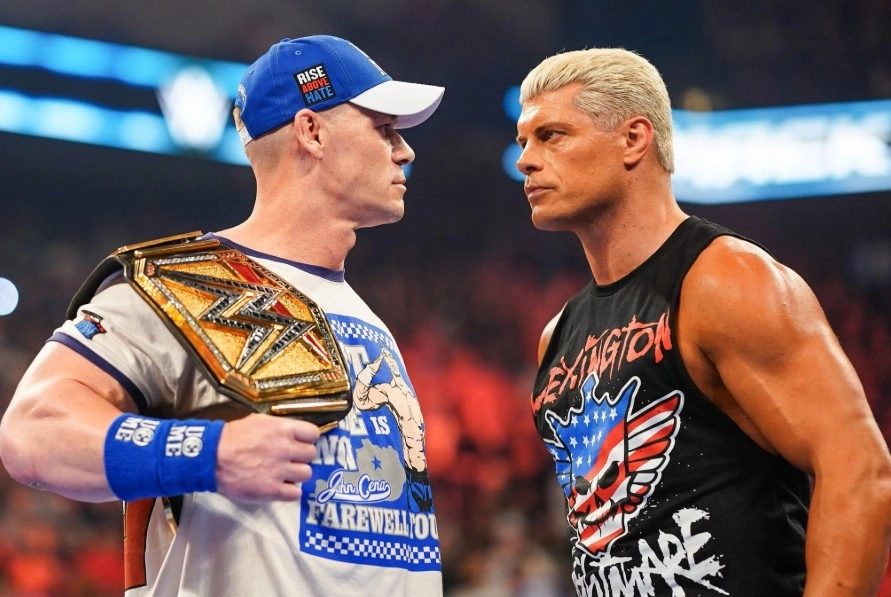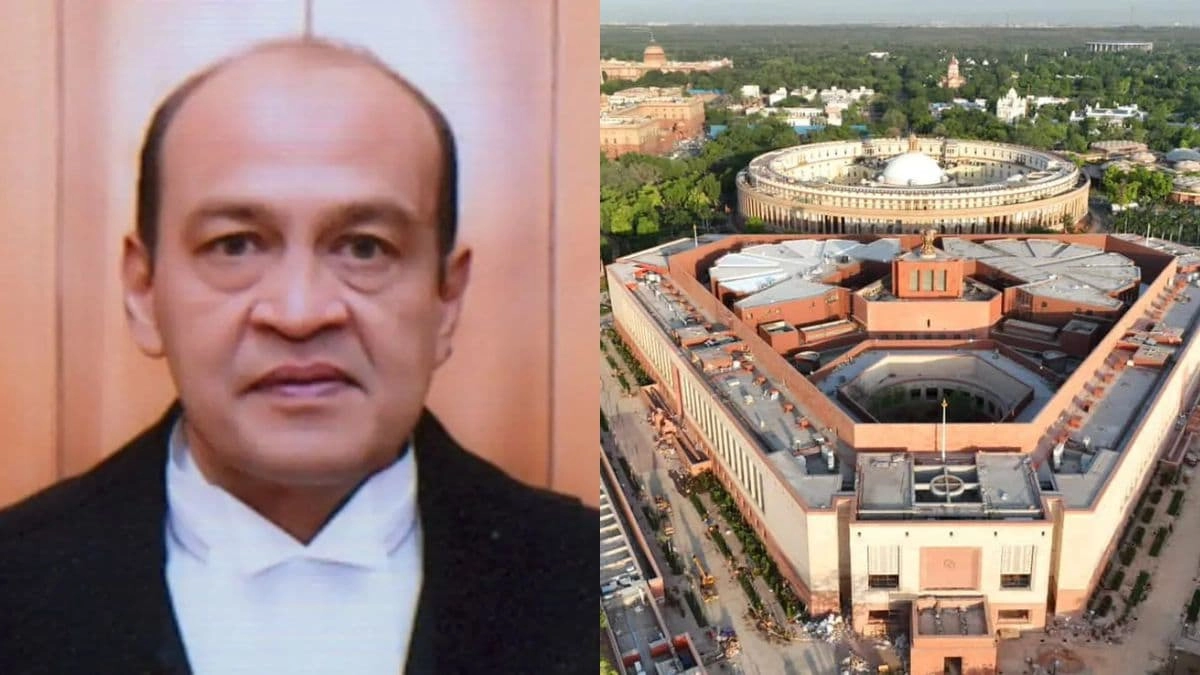In a significant diplomatic development, Russian President Vladimir Putin has extended an invitation to former U.S. President Donald Trump to visit Moscow during their recent discussions. This offer came after three hours of intense talks, where various geopolitical issues were on the agenda. The meeting underscored the ongoing dialogue between the two leaders, reflecting the complex relationship between the United States and Russia. While the specifics of their conversation remain largely undisclosed, such interactions highlight the importance of maintaining lines of communication between the two nations, especially in the context of rising global tensions.
Putin’s invitation to Trump is noteworthy, as it signals a willingness to engage with the former president, who continues to hold significant influence within the Republican Party. The prospect of a visit to Moscow could have substantial implications for U.S.-Russia relations and might pave the way for further discussions on critical topics like arms control, cybersecurity, and regional conflicts. By positioning himself as a facilitator for future talks, Putin appears to be keen on fostering a more favorable dialogue with the United States, despite ongoing sanctions and diplomatic strains.
This development also raises questions about the potential impact on the current U.S. administration and its foreign policy strategy. As the geopolitical landscape continues to evolve, the dynamics between Trump, should he seek a return to power, and Putin could reshape America’s approach to Russia. Additionally, the invitation underscores the broader theme of international diplomacy, where personal relationships between leaders can play a pivotal role in addressing global challenges. Whether Trump will accept the offer remains to be seen, but such overtures could be indicative of a shifting paradigm in international relations.




